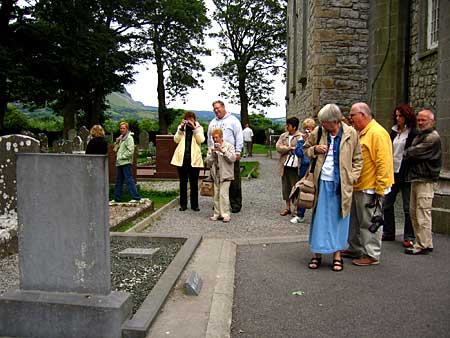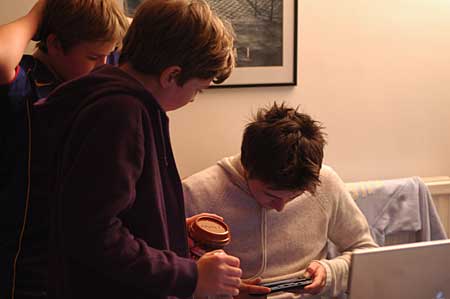Copyright and patents are methods of remedying a market deficiency — a way of ensuring that innovators get sufficient returns to ensure that society gets a smooth flow of new ideas. We grant temporary monopolies in order to fix the problem. Many of us suspect that current IP regimes are grossly inefficient in these terms, which is why we need economists to take a long hard look at it. For example, the term of copyright protection seems indefensibly lengthy: it introduces long-term monopolies which interfere with free trade. It’s absurd that, say, Windows 95 is protected for 70 — 0r is it 95? — years! Now comes an interesting exploration of the economics by two economists. Their conclusion? Existing copyright and patent protection goes on for far too long! Excerpt:
In the case of copyright, we think that evidence in favor of increasing elasticity of total monopoly revenue is decisive and that existing copyright terms are vastly too long: all of the different sources of data say the same thing. In the case of patents, the evidence is less conclusive and far more subject to measurement problems, but the best available evidence suggests that the elasticity of total monopoly revenue is increasing in this case as well. … And our quantitative analysis indicates that the scale of market effect is strong and that as a consequence there should be both an immediate reduction in patent terms as part of any TRIP agreement augmented by a phased reduction tied to future growth.
Later… Most of the arguments made by those of us who are critical of current IP regimes are based on concerns about freedom and rights (e.g. Larry Lessig’s most recent book is entitled Free Culture). These arguments are, IMHO, valid, but I suspect they are not the ones that will prove most persuasive in the long run. We’d do better to focus on the economics. A rational IP regime would be one that matched protection to market and technological conditions.
Take the music industry as an example. It claims that it needs copyright protection to recoup its investment in artists, promotion, reproduction and distribution, etc. (OK,ok, I know that even that’s questionable, but let’s accept it for the time being.) However, selling music online (e.g. through iTunes) takes away a huge chunk of the cost of distribution, and therefore requires less ‘investment’ by record companies. So in this case, the efficiencies and savings brought about by technological development would logically imply that record companies need less IP protection, not more. So, for music, the period of copyright protection ought to go down.




